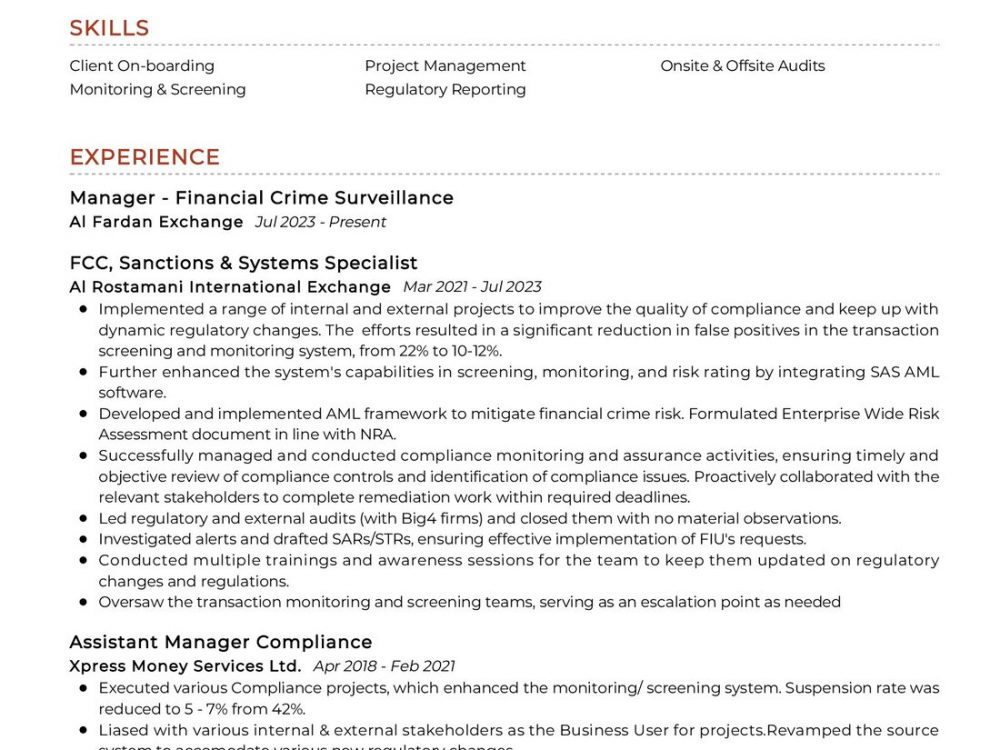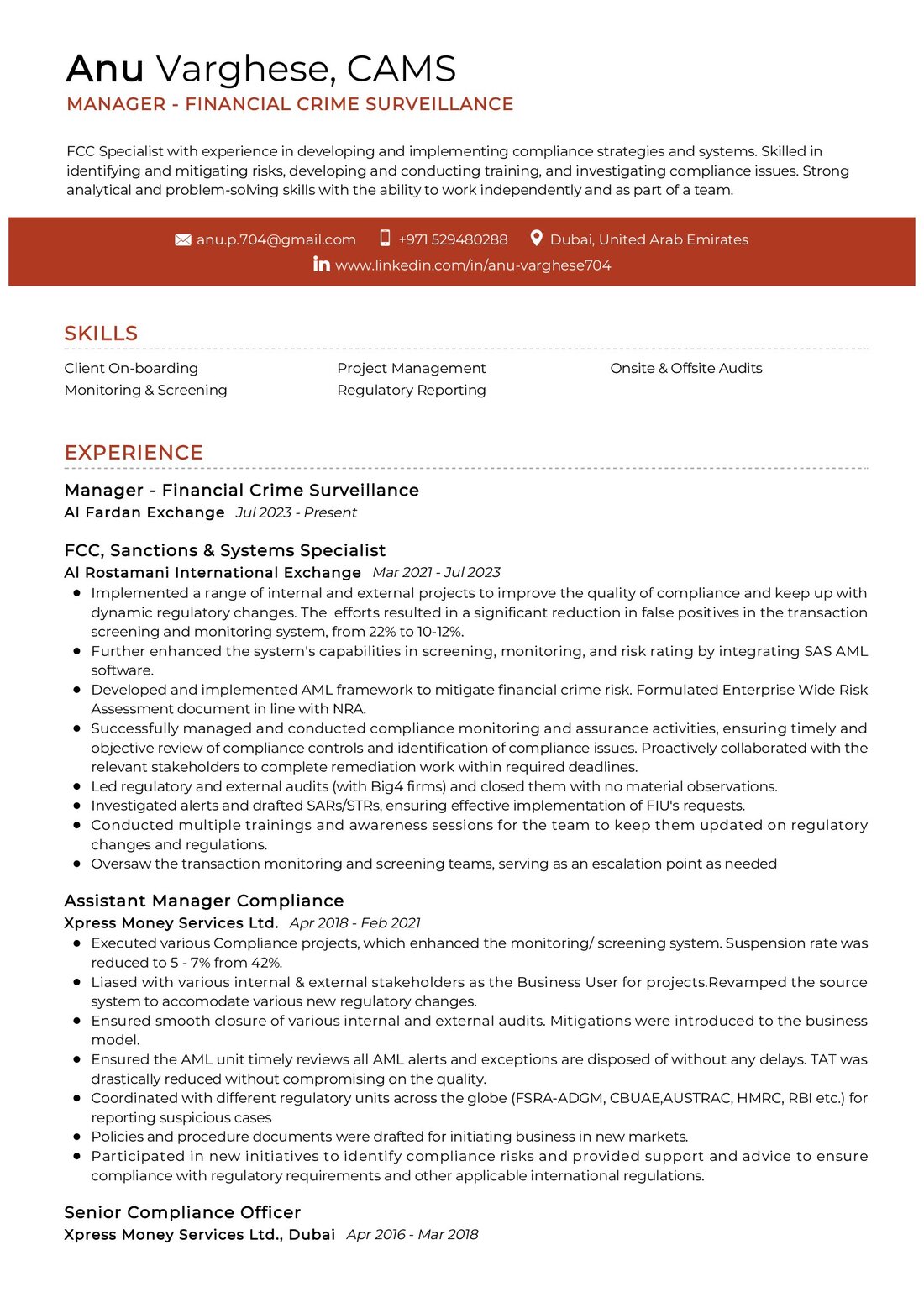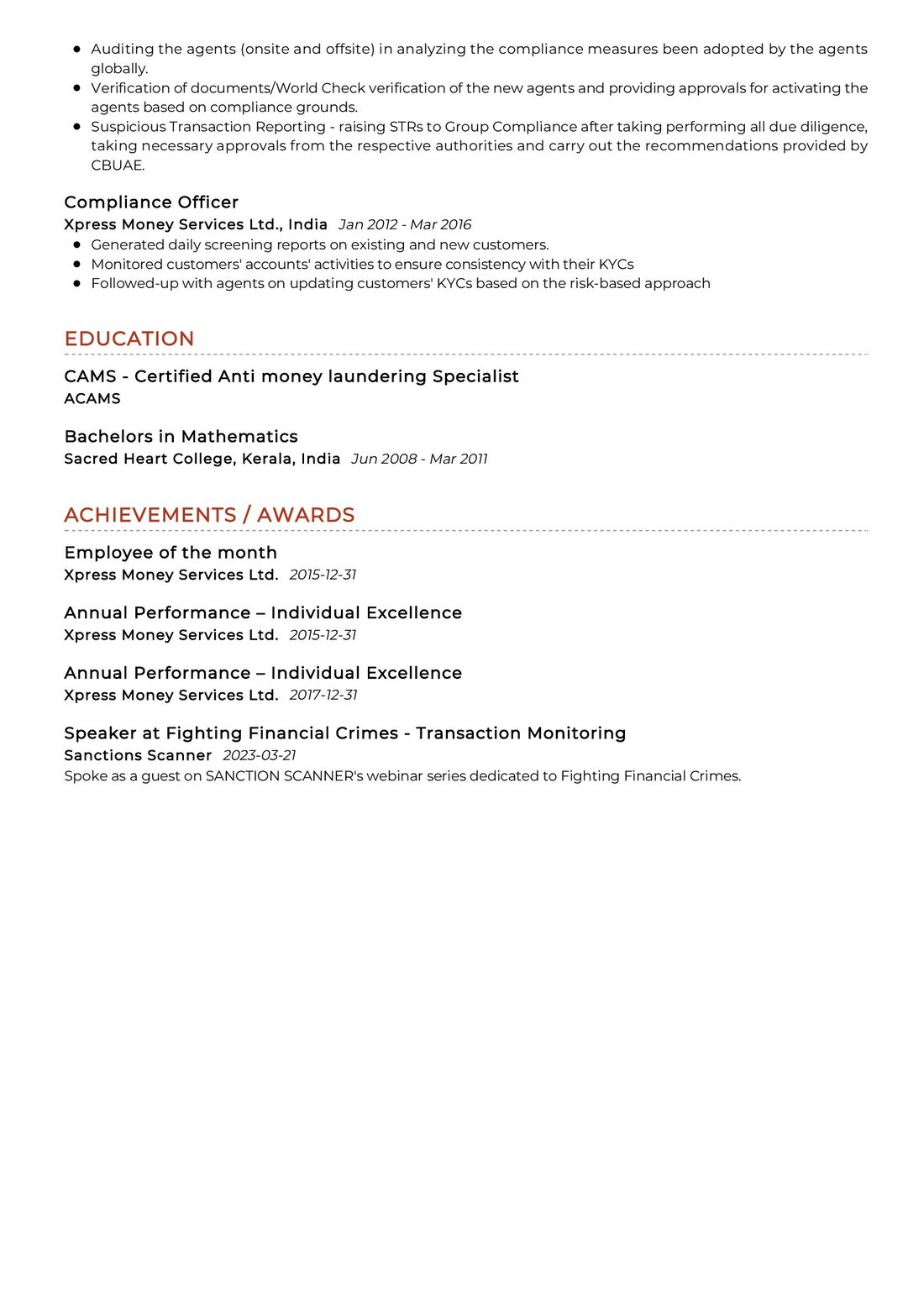Understanding the Critical Role of Financial Crime Surveillance
In today’s rapidly evolving financial landscape, the role of a Financial Crime Surveillance professional has become increasingly vital in ensuring the integrity and security of financial institutions worldwide. This position demands a comprehensive understanding of financial regulations, an acute eye for detail, and a proactive approach to identifying and preventing fraudulent activities. Let’s delve deeper into the multifaceted responsibilities and requirements of a Financial Crime Surveillance professional, a role that plays a pivotal part in safeguarding the financial ecosystem.
What are the Core Responsibilities of a Financial Crime Surveillance Professional?
A Financial Crime Surveillance professional is tasked with overseeing and implementing measures to detect and prevent financial crimes within an organization. This involves a range of critical responsibilities aimed at ensuring compliance with regulatory standards and protecting the institution from risks associated with fraudulent activities. Some of the key responsibilities include:
- Conducting thorough investigations into suspicious financial activities, identifying potential cases of fraud, money laundering, and other financial crimes.
- Implementing advanced monitoring systems to track and analyze financial transactions, ensuring compliance with anti-money laundering (AML) and Know Your Customer (KYC) regulations.
- Collaborating with regulatory authorities and law enforcement agencies to report any identified instances of financial crimes and to support legal actions if necessary.
- Developing and implementing robust risk management strategies to mitigate potential threats and vulnerabilities within the financial system.
- Regularly updating and enhancing internal policies and procedures to align with evolving regulatory requirements and industry best practices.
- Conducting regular training sessions for employees to increase awareness and understanding of financial crime prevention measures.
Each responsibility comes with its own set of challenges, requiring a keen understanding of the financial landscape and a proactive approach to risk management.
What Skills and Qualifications are Required for a Financial Crime Surveillance Role?
To excel in the field of Financial Crime Surveillance, professionals need to possess a combination of specialized skills and qualifications that enable them to effectively identify and mitigate potential financial risks. Some of the essential requirements include:
- A Bachelor’s or Master’s degree in Finance, Economics, or a related field, showcasing a strong foundation in financial principles and regulations.
- Comprehensive knowledge of anti-money laundering (AML) and Know Your Customer (KYC) regulations, demonstrating a deep understanding of the legal framework governing financial transactions.
- Proficiency in data analysis and risk assessment, enabling the professional to identify irregular patterns and potential red flags in financial activities.
- Strong communication and collaboration skills, facilitating effective interaction with cross-functional teams and regulatory authorities.
- An analytical mindset with a strong attention to detail, allowing for the identification of complex financial crime patterns and activities.
- Experience in utilizing financial surveillance software and tools, demonstrating the ability to leverage technology for effective risk management and fraud detection.
Obtaining relevant certifications such as Certified Anti-Money Laundering Specialist (CAMS) or Certified Fraud Examiner (CFE) can significantly enhance one’s profile in the competitive financial crime surveillance job market.
Effective Strategies for Mitigating Financial Crime Risks
In the dynamic world of financial services, implementing effective strategies to mitigate financial crime risks is crucial for the sustainability and integrity of any institution. Here are some key strategies that can help professionals in the field of financial crime surveillance to proactively combat potential risks:
- Investing in advanced AI-based monitoring systems that can detect and flag unusual or suspicious financial activities in real-time.
- Conducting regular comprehensive risk assessments to identify vulnerabilities and gaps in existing risk management processes.
- Establishing a robust internal reporting mechanism to encourage employees to report any suspicious financial activities without fear of retribution.
- Staying updated with the latest developments in financial crime trends and regulations, ensuring that the institution’s policies and procedures remain aligned with the changing landscape.
- Collaborating with industry peers and regulatory bodies to share insights and best practices in combating financial crimes, fostering a collective approach to risk management.
- Conducting regular training sessions for employees at all levels to increase awareness and understanding of financial crime prevention measures and the importance of compliance.
By implementing these strategies, financial institutions can strengthen their defenses against potential financial crime risks, safeguarding their integrity and fostering trust within the financial ecosystem.
Importance of Continuous Learning in the Field of Financial Crime Surveillance
In the ever-evolving landscape of financial crime, continuous learning plays a crucial role in equipping professionals with the necessary skills and knowledge to stay ahead of emerging risks and fraudulent activities. Embracing a culture of continuous learning enables professionals to:
- Stay updated with the latest advancements in financial surveillance technology and data analysis tools, ensuring the use of the most effective and efficient resources in identifying and preventing financial crimes.
- Understand the evolving regulatory landscape, enabling proactive adjustments to internal policies and procedures to maintain compliance with the latest legal requirements.
- Enhance their analytical capabilities, allowing for the effective identification of intricate financial crime patterns and the implementation of appropriate risk mitigation strategies.
- Develop strong communication and collaboration skills, facilitating effective engagement with stakeholders and regulatory authorities in combating financial crimes.
- Adopt a proactive approach to risk management, fostering a culture of vigilance and attentiveness to potential threats within the financial system.
Continuous learning not only enhances the capabilities of professionals in the field of financial crime surveillance but also contributes to the overall resilience and security of the financial institutions they serve.
Key Takeaways for Effective Financial Crime Surveillance
As the financial landscape continues to evolve, the role of a Financial Crime Surveillance professional remains critical in safeguarding the integrity and security of financial institutions. To excel in this role, professionals should:
- Stay updated with the latest financial crime trends and regulatory developments to proactively identify and mitigate potential risks.
- Invest in advanced surveillance technology and data analysis tools to enhance the institution’s ability to detect and prevent fraudulent activities.
- Foster a culture of continuous learning and knowledge sharing within the organization to ensure all employees are equipped to identify and report potential financial crimes.
- Collaborate with industry peers and regulatory bodies to share insights and best practices in combating financial crimes, fostering a collective approach to risk management.
By prioritizing these key takeaways, professionals can effectively contribute to the integrity and security of the financial ecosystem, ensuring the protection of both the institution and its clients.
Finally, feel free to utilize resources like AI CV Builder, CV Design, CV Samples, CV Examples, CV Skills, CV Help, CV Synonyms, and Job Responsibilities to create a standout application and prepare for the Financial Crime Surveillance job interview.



